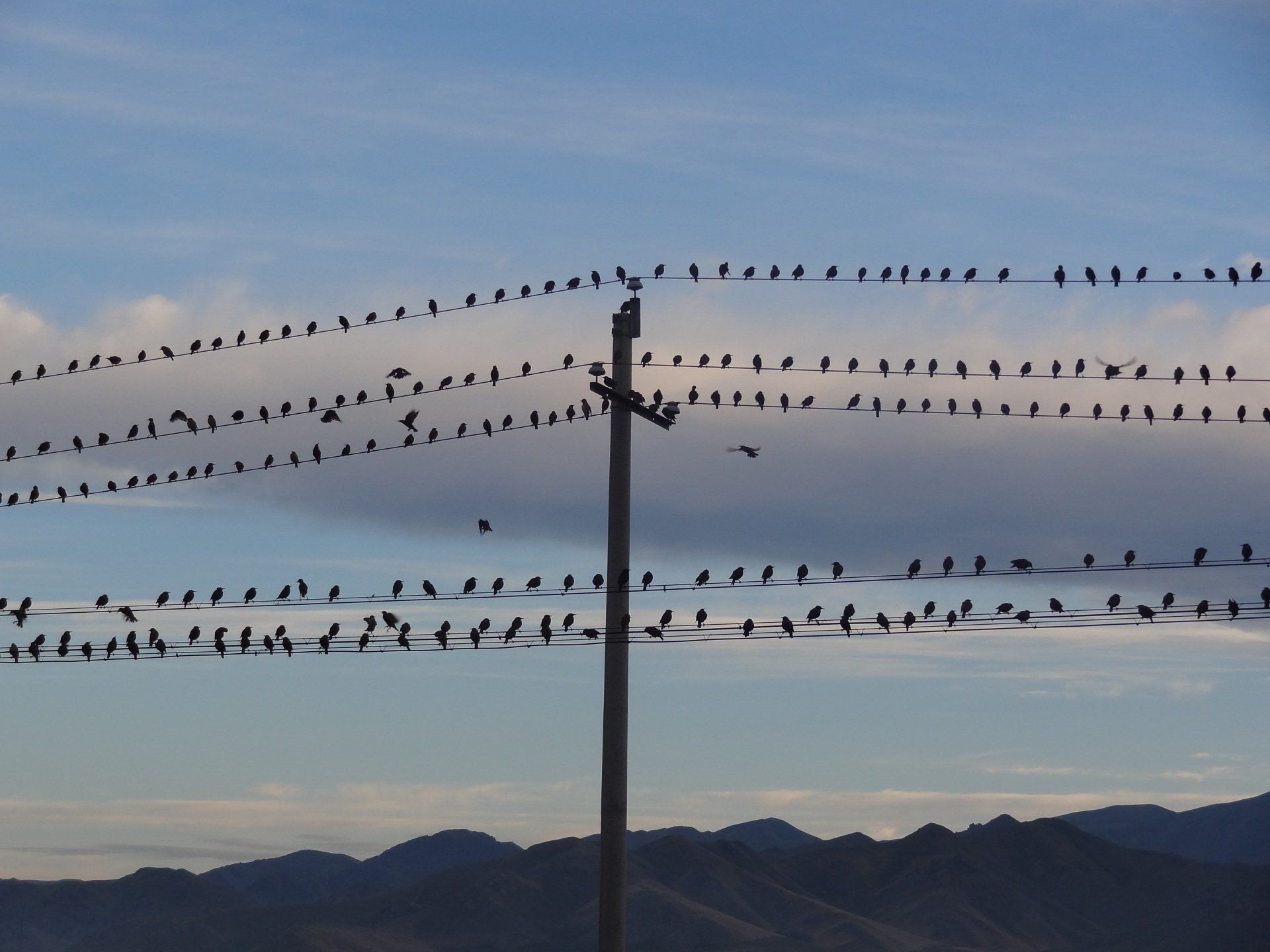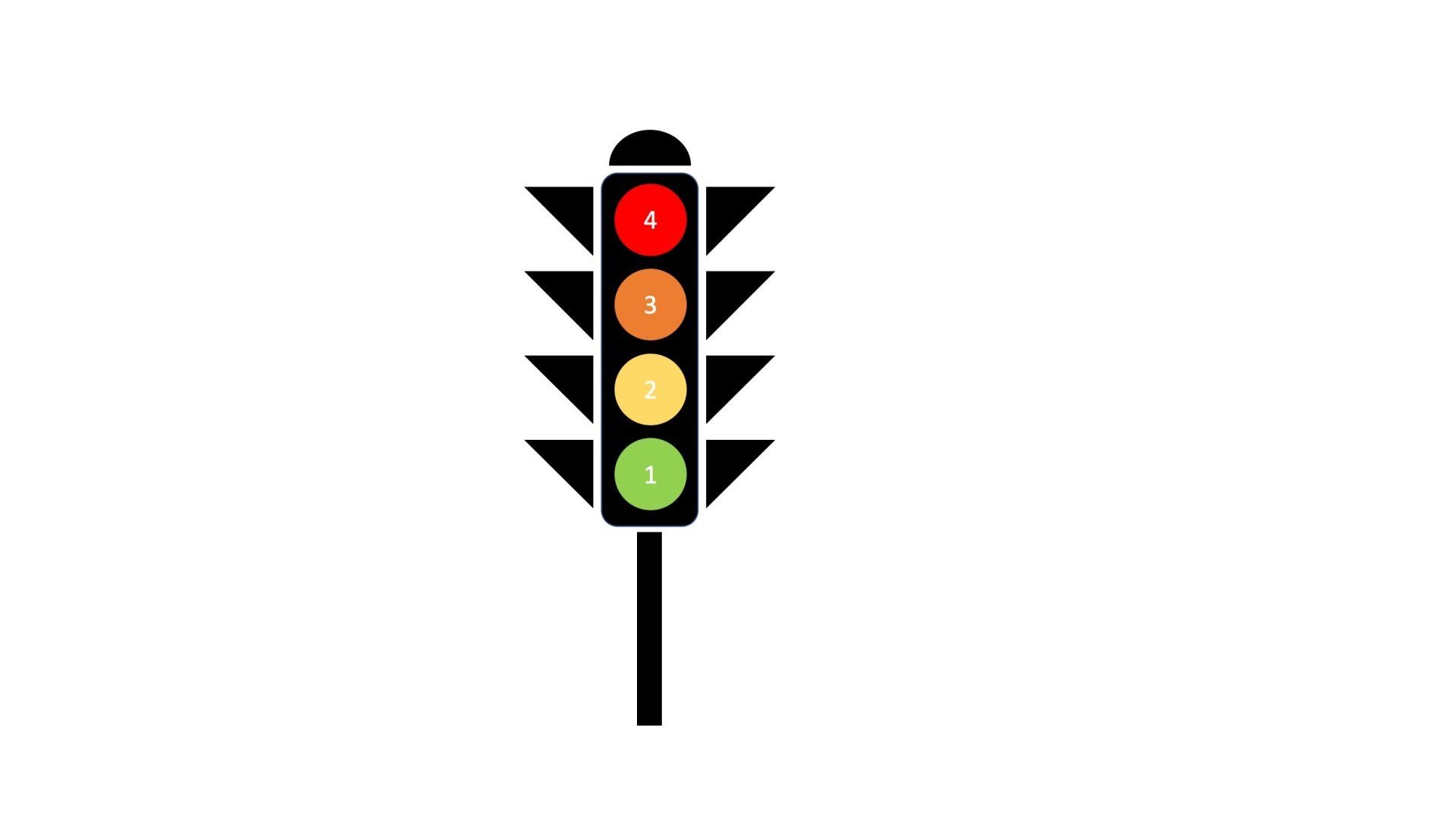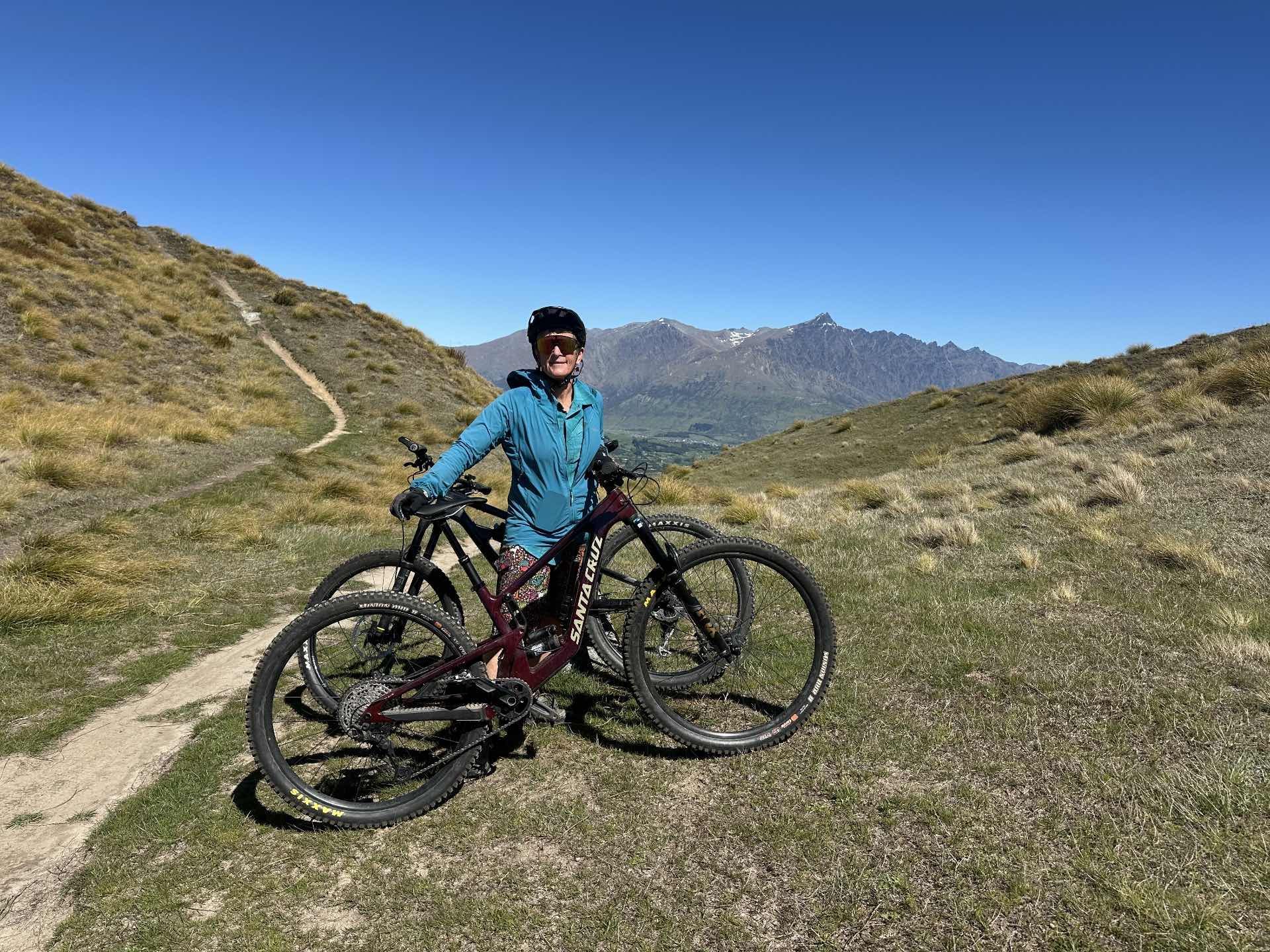Birds in a gilded cage?

This week the New Zealand news headlines featured the IPCC climate change report and the Skegg report on reopening of Fortress New Zealand in a COVID world, together with the government’s related announcement on opening plans. The IPCC report, with its wealth of evidence of extreme climate events throughout the world compared with the 2013 report, is plain depressing, while being of universal interest across the planet. It is easy to see why people are suffering from cognitive dissonance, denying or ignoring anthropogenically induced climate modification because it feels too large to contemplate or mitigate.
The Skegg report was of a good deal less interest internationally, but of much interest nationally. Sir David Skegg (an epidemiologist) chairs an advisory panel on COVID-19 decisions, including the border and vaccine rollout. This panel is often inaccurately reported as comprising medical and economic advisors. The main members of the panel are all actually medics or statisticians , with one advisor to the advisory group (Rodney Jones) being an economist. I read their letters to Dr Ayesha Verrall (Associate Minister of Health – Public Health) and it appears that media reports summarise these pretty well.
One of the key messages is that New Zealand should stick with an elimination strategy (which actually means something more like ‘aggressive containment’ of any COVID cases that come into the country than ‘elimination’ as used in common parlance), because once you leave the elimination strategy you can never go back. New Zealanders have enjoyed many freedoms not experienced in the rest of the world over the first 1.5 years of the pandemic. The Skegg group believes we can and should continue to do so in the face of slowly opening our borders. The report points out that, if it appears that our strategy is excessive when compared to costs and benefits in other countries with more freedoms and more COVID, it would be very easy to step away from it.
I agree that stepping away from elimination might be easy in a process sense of the word – all you do is reduce border controls. However, I am not so sure that elimination will be mentally easy to step away from. New Zealand is becoming ever more wedded to its COVID-free status, and there will be a psychological shock associated with giving that status up, a lot of deaths in a space of time and a resounding sense of failure. The giving up would be highlighted in stark red letters for any politicians seeking re-election. Our country needs to remember that the further we go down the elimination track the more likely we will be to try to stay on it, even if evidence stacks against it.
The government outlined its strategy towards opening, based on the Skegg report. All progress is based on vaccinating the population, although no specific target for vaccination levels has been set. There appears to be general belief amongst epidemiologists that there is no vaccination level that will achieve herd immunity, therefore the goal is ‘maximum possible’ vaccination. Apparently the strategy for achieving the ‘maximum’ is to not identify the numeric goal. This feels like it has an element of ‘if we don’t set a target we cannot be told we failed’, and is thus counter to the advice given by most of government where targets have to be carefully set and progress towards them documented. I am not sure the strong focus on targets in the science realm has been very useful, so perhaps it is a welcome sign of government backtracking on that philosophy (or, alternatively, a sign of inconsistency).
As part of our forward strategy, this year we will have a little trial of business people being able to self isolate. This was not advised by the Skegg report and seems hard to believe in…how many people live alone so they can truly isolate? And how many in a household have the discipline to really keep themselves isolated from the other household members? Perhaps the theory is that if enough people behave well, it will be useful enough? I don’t envy the business owners if they have to enforce the self isolation or get fined if people don’t adhere to it.
And, not holding our breaths of course, in early 2022 we hope to see some more opening up of New Zealand’s borders to the world in a manner similar to the British green/amber/red light system. I read some of the British rules, they are quite complicated. If you come from a country where they normally stand on one foot you can enter the UK through the purple lane, unless you were standing on two feet when you got on the plane in which case you will need to enter in groups of five. Just kidding, mostly.

In our future, more open state, people arriving from countries deemed low risk won’t have to quarantine when entering New Zealand (though they will be subject to COVID testing requirements), just like the travel bubbles we have already tested. It seems that this aspect of relatively free travel will be more dependent on the rest of the world than on New Zealand, as the number of countries we currently deem low risk appears to be one (Rarotonga) – Australia is no longer one of our best friends. Hopefully some other countries manage to become relatively risk free soon so we might be able to visit them. Britain doesn’t have too many countries in the green category that are not classified as likely to move to amber – apart from a few islands in the Caribbean and New Zealand, the UK only lists Australia, Bulgaria, Brunei, Hong Kong, Iceland and Singapore as relatively safe. Australia? Britain clearly has a different take on risk from New Zealand.
At the same time as our opening strategy is being proposed, we are also told that if a case of COVID-delta variant is found in New Zealand, we will go into lockdown within a few hours. That puts quite a dampener on travel even within New Zealand, if one thinks about it too hard. I get it – New South Wales has given us the example of what happens if you allow delta to spread through ‘weak’ lockdowns. You may well not be able to reel COVID back in and your elimination strategy goes ‘poof’. I also get why the New Zealand government is emphasising rapidity of vaccine rollout – its the only tool in the bag that will make any significant difference to suppressing rampant delta variant. Maybe we should be holding our breaths on the vaccine rollout, rather than for reopening.
I think the main reason I feel like a bird in a gilded cage is plain old envy. We talked with Sarah in Cambridge, UK a few days ago and she said, “Guess where I am going for the weekend?” We guessed London, but it turned out to be Spain. Britain has gone from a situation in which we felt sorry for all the Brits who were endlessly locked down, to a situation where one might envy Britain’s relatively carefree situation with 70% of the country now vaccinated. I wrote about the strange hiatus in the rise of daily cases in the UK last week; that hiatus itself is now on pause and we can all continue to wait and watch to see what the cost of British Freedom Day might be. However, when you are on the cage-side of the bars, freedom starts to look good, no matter how disciplined your brain. How do you think that is going to affect sentiment in New Zealand as the rest of the world opens up, for better or worse?






